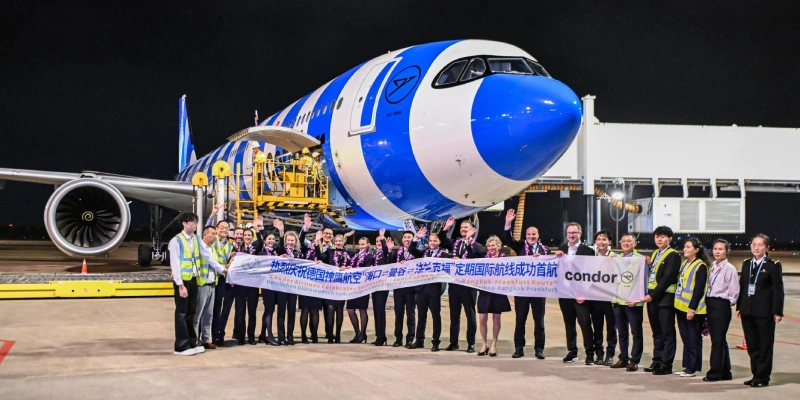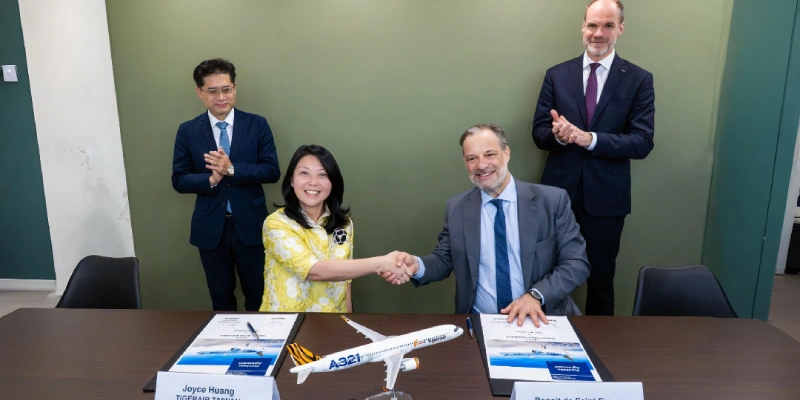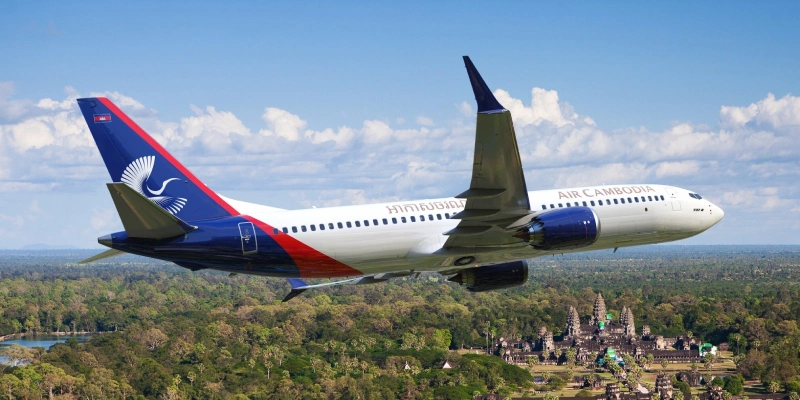Delta Air Lines, in partnership with Shell and Portland International Airport, has completed the first commercial-scale delivery of sustainable aviation fuel (SAF) at the airport’s facilities. This operation not only expands the airline’s SAF footprint but also positions Portland strategically to benefit from the growth of this fuel in the United States.
Over 400,000 Gallons in First Delivery
The batch, totaling more than 400,000 gallons of blended SAF, was domestically produced from waste materials. Shell supplied the pure SAF to the Zenith terminal in Portland, where it was blended with conventional jet fuel to meet regulatory standards. It was then transported to the airport via barge, truck, and pipeline. Earlier this month, the fuel entered the airport’s private fueling system.
Collaboration Paves the Way
“Every SAF delivery demonstrates the power of collaboration to open markets for this sustainable fuel,” said Charlotte Lollar, Director of SAF at Delta. “By working with Shell and the Port of Portland Authority, we can leverage existing infrastructure, access more airports, and prove that its use is both viable and scalable for the industry.”
Dan Pippenger, Aviation Director at the Port Authority, emphasized that this move will help improve air quality and reduce greenhouse gas emissions: “We hope that state and local policies will support the development of the necessary infrastructure and market to expand the use of SAF and unlock all the environmental and health benefits it offers.”
→ Delta Strengthens Its Presence in Boston with New Nonstop Routes to Madrid and Nice
A Fuel with Potential, Yet Still Limited
SAF, produced from renewable sources, can reduce carbon emissions by up to 80% over its lifecycle compared to conventional fuel. It can also be distributed through existing infrastructure and used in current engines without modifications. However, production technology is still under development, which drives up costs and limits availability. In fact, current global production would not be enough to supply airlines for even a single week.
Policies and Incentives Make a Difference
Delta is collaborating with the Port of Portland Authority and other stakeholders to build a sustained SAF market in the region. The airline is also engaged at the federal and state levels in promoting incentives that boost production and reduce costs. In 2022, Oregon Senator Ron Wyden, then Chair of the Senate Finance Committee, helped pass the first federal incentives for SAF, including the 40B SAF Blenders Tax Credit and the 45Z Clean Fuel Production Credit. Both have become benchmarks for state policies, and the latter was extended by Congress until 2029.
Global Strategy Based in Portland
This inaugural delivery follows previous Delta SAF shipments at airports such as Minneapolis-St. Paul and Detroit, reinforcing its strategy to expand SAF across different airport systems.
The airline has a strong presence in Oregon, with its operation in Portland serving as a key hub, connecting passengers to nearly all of its hub airports and more than 300 destinations with just one stop.
Related Topics
Condor Lands in Haikou: German Airline Strengthens Commitment to Chinese Market
Air India Inaugurates its First Maharaja Lounge at New Delhi Airport
Tigerair Taiwan Bets on the A321neo, Redefining Regional Growth Strategy
Air Cambodia Makes Leap to 737 MAX: Historic Order For up to 20 737-8 Jets Marks a New Era For the Airline

Plataforma Informativa de Aviación Comercial con 13 años de trayectoria.




